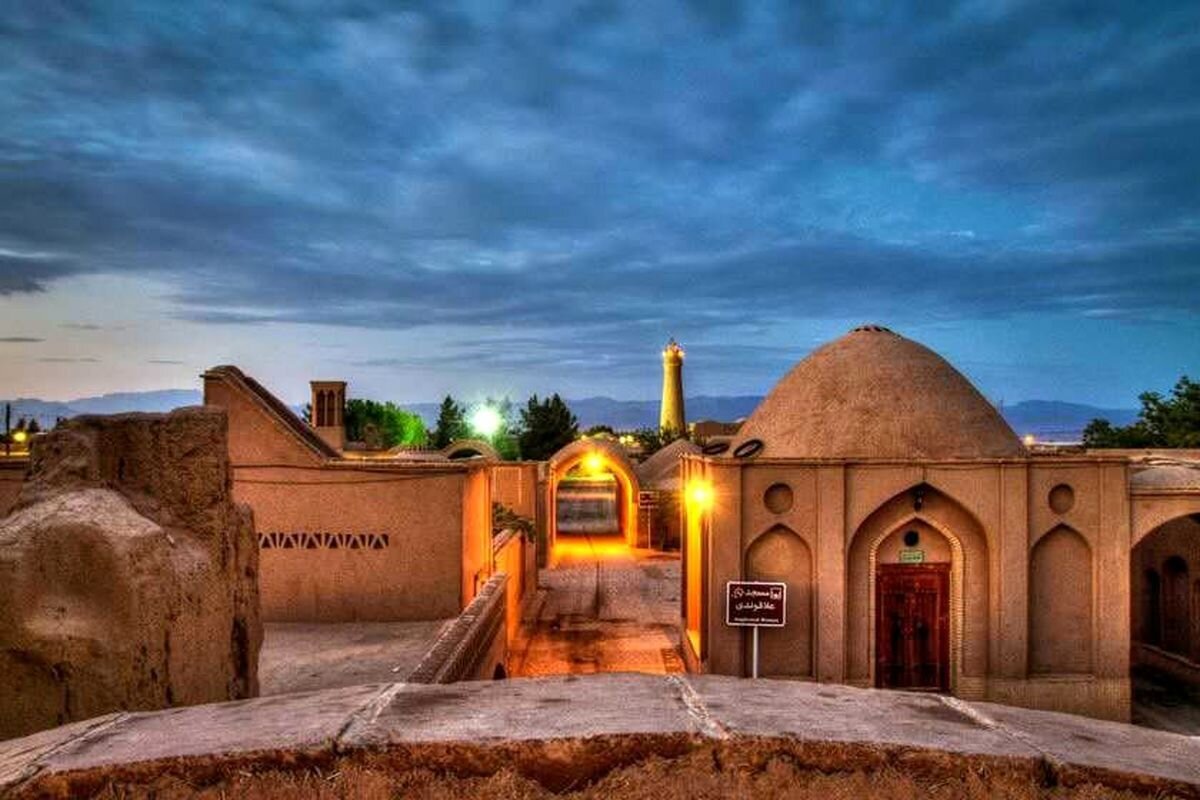Fahraj becomes Iran’s first accessible tourist village

TEHRAN - The ancient village of Fahraj, located in Yazd province, has been designated Iran’s first accessible tourism village, making it a welcoming destination for elderly and disabled visitors, according to the provincial tourism chief.
Seyyed Mohammad Rastegari made the announcement on Monday at Fahraj-focused conference, noting that extensive renovations were completed in just six months with support from local authorities and residents.
The upgrades include accessible paths from the entrance of Fahraj’s historical Jameh Mosque to the village’s traditional accommodations, enabling full access for all visitors, the offcial explained.
“All elderly and disabled residents and tourists visiting this village have the right to fully use these spaces,” he said.
“Half of Yazd province’s historical sites have been adapted for accessibility, with Fahraj becoming the first village to achieve complete accessibility along its tourism route.”
Fahraj is home to 102 historical landmarks, spanning the Achaemenid, Parthian, and Sassanian periods, making it one of the world’s notable historic towns. A key attraction in Fahraj is the Jameh Mosque, dating back to the first century of Islam and known for its remarkably preserved structure. Also called the Imam Hasan (AS) Mosque, it remains the only mosque in the Islamic world to have retained its original architectural form since its inception.
Fahraj’s historical castle, adorned with intricate facades and embellishments dating back to the 10th and 11th centuries AH, bears testament to the village’s rich heritage. The fortress, boasting a quadrilateral layout, features remnants of four cylindrical towers, each equipped with guard posts, preserving the stronghold’s legacy.
Situated approximately 30 kilometers east of Yazd in central Iran, Fahraj boasts a rich cultural and historical heritage, making it a destination for travelers seeking authentic rural experiences.
Accessible tourism refers to the practice of making travel experiences enjoyable and inclusive for everyone, regardless of their physical, sensory, or cognitive abilities. This means creating environments and services that are accessible to people with disabilities, allowing them to participate fully in tourism activities. It is a growing trend in the travel industry.
AM
Leave a Comment